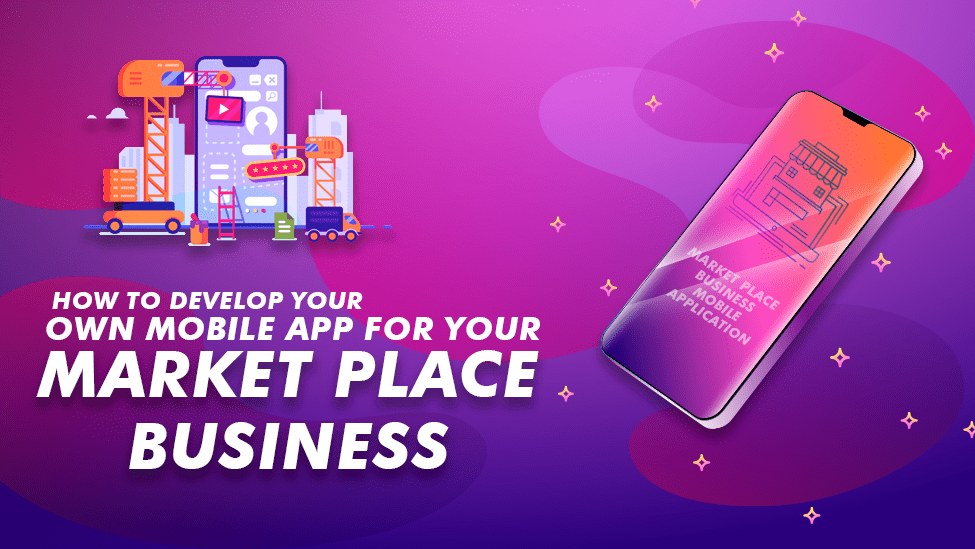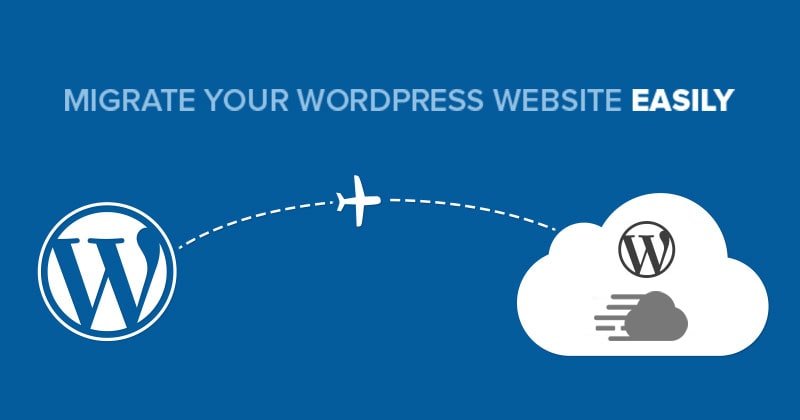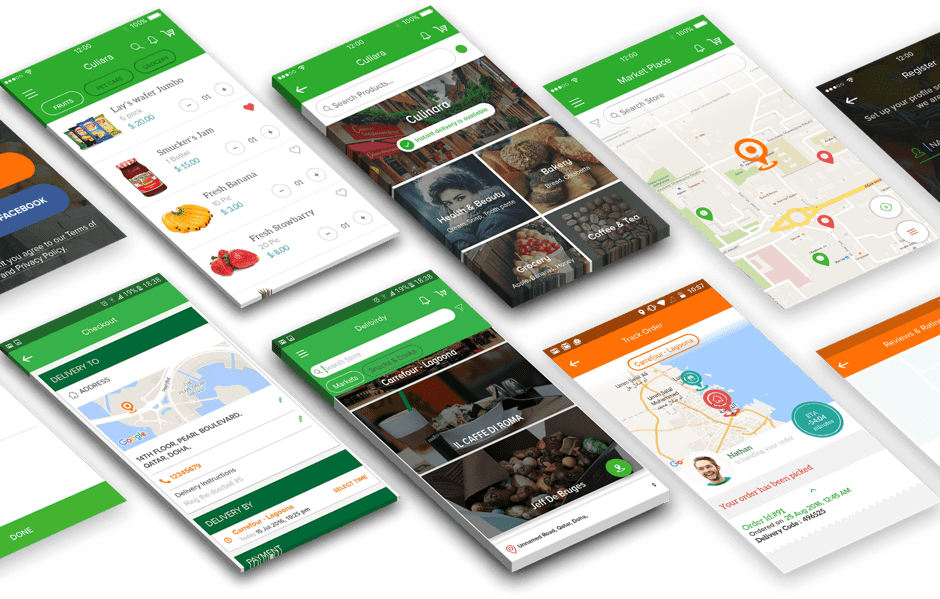Building a marketplace software is not tough these days. Be it a marketplace website or mobile applications for Android and iOS, we have cutting-edged technologies to code the solutions quite easily these days.
However, you need ideas for putting into codes. Knowing how to code work only when you know what’s required. The entire process involves not just coding but also a series of other steps such as market research, business models, trending technologies, competitive features, customer experience optimization, MVP, the scope for integrated marketing, and scalability of the platform.
The ultimate success of your marketplace application depends on how you handle these aspects while it’s still in the development phase, or how flexible is the app to accommodate the aspects in later stages as well. After all, we do not manufacture a software solution but develop it over time.
 In this article, we are going to understand the concept of the marketplace model in detail and consider different ways to develop a marketplace application in 2019.
In this article, we are going to understand the concept of the marketplace model in detail and consider different ways to develop a marketplace application in 2019.
The Idea of a Marketplace Business
An online marketplace functions on the idea of inventory-less selling. Its counter-part is called inventory-based eCommerce, where businesses maintain inventories of products they sell. They may purchase the inventory from wholesalers or manufacturers in bulk, and deliver the same to the customers when ordered.
On the other side is the marketplace model of eCommerce, which does not require an inventory from the marketplace business owner. Instead, the marketplace simply connects the sellers and customers. Customers order directly from the sellers, and sellers fulfill the order. The marketplace app is just a facilitator.
These sellers can be wholesalers or even retailers. They might sell products as sellers on Amazon and eBay, or services as service providers on Thumbtack and TaskRabbit. However, this doesn’t end here. There are also other kinds of marketplaces, too. Check out the following list with examples to understand different types of marketplaces.
| Product Marketplace | Service Marketplace | On-demand Service marketplace | Rental Marketplace |
| Sells products from different sellers. | Sells services from different service providers. | Sells similar kinds of (niched) services from different service providers. | Rents products and services. |
| Examples | |||
| Amazon | Thumbtack | Uber (taxi service) | Airbnb (P2P House rental) |
| Etsy | TaskRabbit | Eat24 (Food Delivery) | Turo (P2P Car Rental) |
| eBay | Freelancer | Instacart (Grocery delivery) | CORT (B2C Furniture Rental) |
Business Models of Marketplace Platforms
All the variants of the marketplace model explained in the section above also fall in at least one of the following business models. Be advised that this classification is based on the target audience; not on the type of product or service you sell.
B2B Marketplace — when a marketplace sells/rents the products/services from different businesses to other businesses. Example: Alibaba (Product), Amazon Business (Product).
B2C Marketplace — when a marketplace sells/rents the products/services from different businesses directly to consumers. Example: Amazon (Product), TaskRabbit (Service).
C2C or P2P Marketplace — when a marketplace allows customers to sell/rent their goods/services directly to other customers. Example: eBay (Product) Airbnb (Service).
Top three strategies to organize your marketplace app development
Before diving into the ways to develop marketplace applications, let’s identify the top three essential preparations you need to do first to start a competitive marketplace business.
1. Identify your customers
Any kind of marketplace app you seek to develop will have its signature features and scope. You should clarify if you want to serve the product or service marketplace genre, or target the B2B, B2C, or C2C market. To do this, you need to identify your target customers first. Once you know your customers, you would understand the perfect business model suited to address their pain points and let you make some money.
2. Make a strong value proposition
To make money from your business, it’s important to consider the best ways to pitch it to the target audience. You can only do that by offering a strong value proposition. Identify what’s trending in the market, your competitors, how they are serving, and what new can you do to stand out, The only key to success is offering something new and better than the existing market.
For example, if you want to start a vacation rental marketplace like Airbnb, building a simple Airbnb clone script will not give you an edge over the rental marketplace giant. You should either serve a different niche or offer better services than Airbnb to succeed.
3. Consider scopes for scalability
Many developers and businesses develop their marketplace applications considering only the current business requirements. However, they overlook the future scopes and flexibility required to upscale the solution as per growing needs and demands.
If it’s a success in the local market, maybe, you might want to scale-up and increase your target revenue. However, you can upscale your business only by considering the scope of your marketplace solution. You must prepare your application for upscaling right from the development phase itself. This may include selecting a suitable tech stack, competent B2B partners, and reliable software vendors.
Technical Considerations to Build a Marketplace Application
Once, you are ready with your business case, it’s time to jump into the development part. On a broader scale, we have three options to develop any kind of marketplace mobile app (Product, Service, B2B, B2C, or C2C):
- Custom development from scratch
- Building from a SaaS-based builder
- Developing from a Turnkey solution
Which one should you choose to develop your marketplace mobile app? Well, it depends on three major factors:
- Technical Skills
- Time
- Budget
Let‘s compare the three alternatives based on the above-given aspects:
1. Custom development from scratch
Development from scratch is building the entire application and its back-end from the beginning. If you have some unique requirements in your mind, you must go for this approach and build your business model from its base.
Technical Skills: If you want to develop by yourself, you must possess all the required technical skills: Programming, Designing, Database, Server management, API integrations, Testing, SEO, and Application hosting. Alternatively, you may hire an in-house team or outsource a team from third-party software development firms.
Time: No doubt, development from scratch is a lengthy process and requires a lot of time.
Budget: Developing all by yourself will save you a lot of money. However, if you are thinking about hiring or outsourcing, be ready to invest. The project will require at least the following numbers of resources:
- 3- front-end designers
- 2- QA engineers
- 2- Backend coders
- 1 Project Manager
- 3- Android developers
- 3- iOS developers
- 2- Database engineers
- 2- Technical Writers
Following is the least cost estimation for developing a simple suite of marketplace applications from scratch. Let us consider the following scenario:
- Salary = $50/hour
- Total Number of Experts required= 18-20
- Daily Working hours = 6 hours
- Duration of the project= 3 months
Hence,
- Daily Salary= 50x6x20 = $6000/Day
- Monthly Salary (20 days/month) =50x6x20x20 = $120,000/Month
- Overall cost for 3 months project= $120,000x 3= $360,000.
Note: This approximation does not comprise the cost of services and APIs such as Payment Gateways, Cloud, SMS, Notifications, etc.
2. Building from a SaaS-based builder
There are cloud-hosted app builders, which allow anyone to build a customized app using the ready-made resources available on their platforms. For example, Appypie. Anyone can use this SaaS mobile app builder to build different kinds of mobile applications.
Technical Skills: Basic computer skills and business knowledge is enough. However, you won’t be able to customize your app. You cannot add any other feature except the ones given in the catalog of the app builders. Building an app on SaaS-based builders is a GUI approach and does not require any coding skills. The SaaS vendors manage the app hosting as well.
Time: It’s quick and best suited for building small-scale applications. You can build an app in a few hours.
Budget: As it is SaaS, there isn’t any development cost. However, you would be paying a periodic recurring fee to keep your application live. The recurring fee depends on the complexity of the app, the number of features, advanced integrations, and type of the app. There isn’t any fixed cost, but you would be paying monthly charges for as long as you want to keep your app live. It may start from $200-$400/month to no upper limit, as you scale up.
3. Developing from a Turnkey solution
If you don’t want to pay any monthly recurring charge to the SaaS vendors and yet seek a ready-made marketplace mobile app, this is the best approach to go for. Many vendors develop and sell multi-vendor mobile apps and offer source-code to let you customize your app on the requirement.
They are available on various tech stacks and business models. For example, for a mobile app based on Amazon’s business model, you can go for an Amazon clone script. If you want to start an Airbnb-like peer-to-peer rental marketplace, you can purchase an Airbnb clone Script.
Technical Skills: The apps are generally ready-made and vendors provide deployment services as well. Hence, you don’t require any coding skills. However, if you want to customize the ready-made app, you will need the coding skills like a regular developer. Alternatively, you can hire anyone to do the customizations, as well.
Time: They are comparatively quick with base features ready to go live.
Budget: They come at a one-time purchase fee and no recurring charges. However, you would be paying for the resources and per/hour development cost if you seek any customizations in the base application. Mostly, a complete stack of ready-made mobile apps (iOS and Android) and website solutions (Front and Back-end) would come around at $2000.
Why turnkey could be a cost-effective option?
Nobody is developing from scratch these days. All software developers use some or most of the already-developed resources to speed up the process. It’s understandable considering you need not re-invent the wheel repeatedly.
They build turnkey solutions or clone scripts from scratch. It’s just that, the vendors sell them to multiple clients like you, that’s where customizations kick in. these solutions are white-labeled, and you can easily customize them to fit your unique business idea and brand identity.
Not everyone can afford the development costs from scratch. Using a ready-made solution, small businesses can build mobile apps with affordable investments. They offer the quickest and cheapest ways to launch your marketplace business. Of course, there is customization cost, but developing from a ready-made app will also save millions that would have gone in developing the same base from scratch.
So, yes. I think taking a turnkey mobile app as a base and developing on top of it is a good way to start a marketplace business in the lowest possible investments.
After all, who would not like to save a huge amount of time, money, and R&D? Who would not like to launch the business quickly? And, who would not want to access the source code rather than closed source SaaS app builders?
About The Author:
Shirley Stewart currently a business consultant & marketing head for RentCubo which is specialized in eCommerce rental marketplace.





Leave a Reply